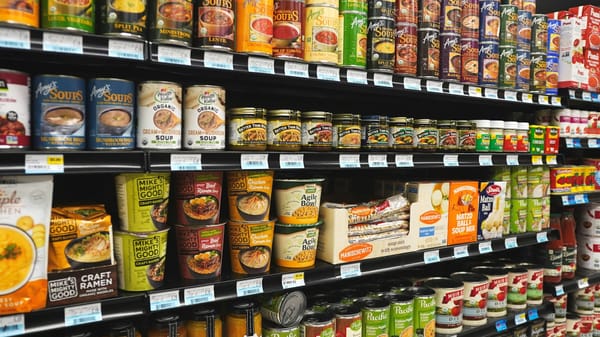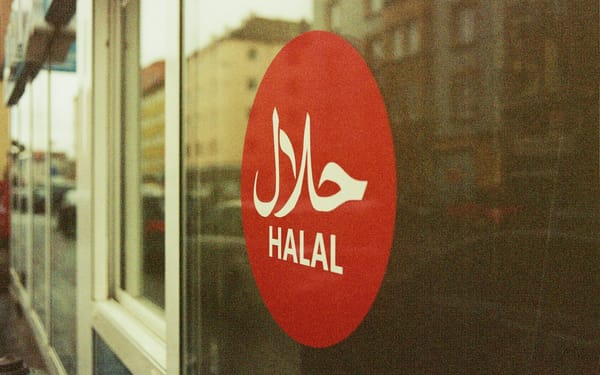Islamic Asset Classes for Halal Investing

As a Muslim, you must have pondered at some point: how is Islamic financing different from traditional financing? Have you thought of halal Islamic assets too?
Islam is a complete code of life. Although it is a common notion that riba (interest) and gambling are prohibited in Islam, there is much more that a Muslim must take into consideration when investing.
Riba forms the basis of conventional banking. Mortgages, credit cards, student loans, mutual funds, and many other financial products involve riba. Therefore, Muslims need to ensure that the assets they invest in or the loans they take are 100% riba-free and Shariah-compliant.
Here is a breakdown of Halal Islamic assets by Shariah scholars:
Lending Capital
Lending is one of the Islamic assets endorsed by Islamic scholars. Islam counts riba as a major sin. Riba (also known as interest) is haram in Islam because it only favors the lender of the money. It is usurious and only shifts the risk to the borrowing party that suffers financial harm while the lender profits.
If interest or riba is haram, how do Muslims make money?
The most straightforward answer to this question is that Islam proposes a fair model of financing that does not exploit one party. In Islam, Muslims lend money in exchange for the mutual sharing of profits or to receive a fixed income periodically in exchange for the capital they have invested.
The two most popular ways to invest/ lend money are:
1. Stocks (Equity)
Investing in shares of companies that are Shariah compliant is a halal islamic assets. Purchasing a company’s stocks is the equivalent of buying a tiny share of the company’s ownership. The shareholders receive dividends that are paid out from the company’s yearly profit. In this situation, the risk and return are shared mutually between the investors and the company.
Although there are obvious ways to tell whether investing in a company is halal by simply looking at its operations, such as if it’s a pork business, it is haram. Some activities of companies are not very clear-cut. Therefore, it is important to avoid investing in suspicious companies.
Fortunately, there are Shariah boards that rule if a company’s stock or an ETF is halal for Muslims to purchase or not. If the stocks or equity funds that you are looking to invest in are Shariah compliant and have the approval of these Islamic bodies that check Shariah compliance, you can go ahead and invest with peace of mind.
This halal Islamic assets class also includes buying shares of a company that has not become public. This means a company that hasn’t launched its shares in the market could be offering shares to fewer investors to remain a private company. You can also invest in these private companies, but it is critical to be mindful of the risks associated with investing in private companies, especially investing in stocks of one company only.
It is also significant to note that there are some limitations on how you can invest in stock markets enacted by Shariah. One must be mindful of avoiding day trading, investing in highly risky stocks, and other similar investing activities prohibited in Islam.
2.Sukuk (Fixed Income)
Sukuk are basically Shariah-compliant bonds that offer a steady income for a stipulated period. The money you lend to the company is paid back to you over time with a profit. Traditional bonds or any securities that pay fixed income are haram.
A Sukuk fund works by pooling money from investors to buy an asset. It's a halal Islamic assets class that helps the company increase production or sales and eventually make more profit. So, the profit is shared among the investors through a monthly fee for using an asset that investors own.
When the stipulated period comes to an end, for instance, after 5 or 7 years, and the debt taken by the company has been repaid to the investors, the payments stop. The company becomes the owner of the asset.
Alternative Investing
1. Real-estate
Investing in real estate is one of the most ancient and best ways to build wealth. Investing in real estate to receive rental income and benefit from capital gains is permissible in Islam—halal Islamic assets. As compared to investing in the stock market, generally, real estate is a much more stable investment option that involves very low risk.
Real estate prices around the world go up every year (without some exceptions). It also makes a great passive income stream that lets you make more money than many other passive income streams.
Suppose you compare it with investing in the stock market. In that case, you will have to build an investment portfolio for the stock market and then regularly manage your portfolio, which can be quite overwhelming to do on your own. If you hire a financial manager, the fees charged by the professionals will be equally stressful. Hence, real estate is one of those ideal investments that you cannot go wrong with (generally speaking).
2. Foreign Currencies or Forex
Muslims can invest in Forex as long as it does not involve speculation, according to most Islamic scholars. The income earned through the exchange of different currencies does not involve huge risks, generally, because currencies have an intrinsic value and are backed by the governments that issue them.
However, more than 90% of forex trading involves speculation, which is haram. Speculation in forex trading is the common reason why most scholars deem forex haram.
Holding foreign currency is not haram. It is another asset that doesn’t harm you or society if death is correct. Just like holding cash reserves, you can hold foreign currencies to benefit in the future from currency differences.
But buying foreign currency when the local currency is going through devaluation to benefit in the short-term, although not haram, is unethical and should be avoided.
3. Commodities
Commodities are goods that can be exchanged for money, or other types of goods are also a great way of investing money. Any commodity that is halal can be used to generate wealth, such as oil, gold, coins, furniture, or any other property. It also falls under halal Islamic assets class.
For centuries, people have been investing in precious metals to hedge inflation and keep their money safe from other types of damage. It is important to note that if your wealth is more than or equal to the level of Nisaab, you must pay Zakat on it after the passage of one year.
If physically holding on to gold is difficult for you, you can also invest in gold ETFs that are very much like holding gold in a vault. They give you exposure to the increasing prices of gold as well as gold mining companies. ETFs trade on stock exchanges, so you can purchase them and sell them at any time. ETFs are deemed halal by most Islamic scholars as they are backed by a solid asset--gold.
However, collectibles or non-fungible tradeable assets that have no use or value are harams. For instance, buying a pair of sneakers from a well-known brand or rare coins is a risky investment. If you fail to sell them later or even manage to sell them later at a low price, a part of your investment or all your investment will be lost.
In Islam, any investment that involves excessive risk and is not backed by a strong asset that has equivalent value is haram, and Muslims should refrain from investing in such commodities. Therefore, investing in assets that have no value is haram. Buying and selling haram commodities, such as musical instruments, alcohol, etc., is also haram.
Conclusion
Understanding the laws of Shariah financing is a long process. Even Islamic scholars struggle to form opinions on which types of investing activities are halal and which are haram.
This article has explored major halal Islamic assets classes that are permissible for investing. If you are a beginner investor, to make sure that you invest in halal assets, stick to the popular assets or securities that are deemed halal by scholars.





